At the summit, which will take place in Washington, a meeting is expected between U.S. President...
[img]http://vesti.kg/dаta:image/svg+xml;base64,PHN2ZyB4bWxucz0iaHR0cDovL3d3dy53My5vcmcvMjAwM...
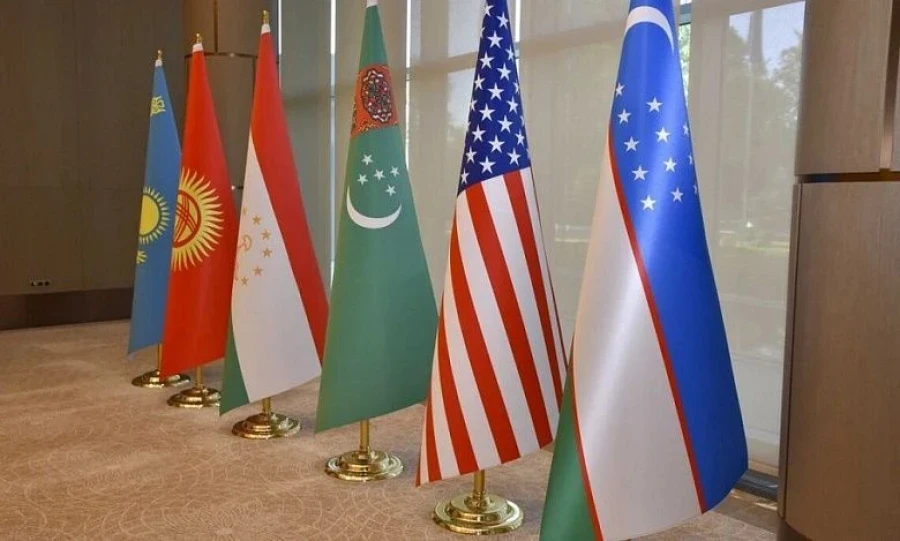
The heads of state of Central Asia have received an invitation from the President of the United...
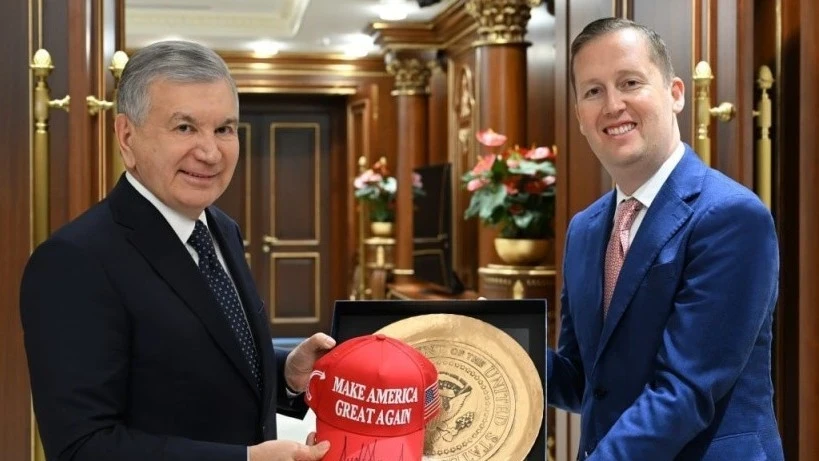
The President of Uzbekistan, Shavkat Mirziyoyev, held a meeting with a delegation from the United...

Immediately upon arrival, the head of the Uzbek state met with compatriots working and studying in...

Foreign Ministers of Central Asia Discussed Security Issues in the Region The foreign ministers of...
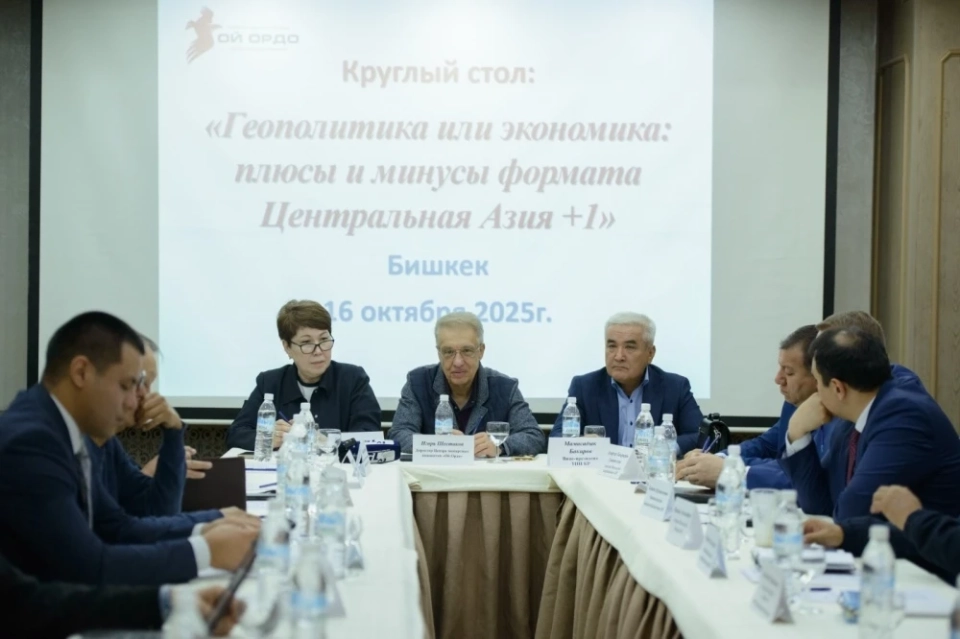
The growing interest in Central Asia, especially from leading countries, has become noticeable in...
[img]http://vesti.kg/dаta:image/svg+xml;base64,PHN2ZyB4bWxucz0iaHR0cDovL3d3dy53My5vcmcvMjAwM...
This week, a meeting is expected between the presidents of the United States and China, during...
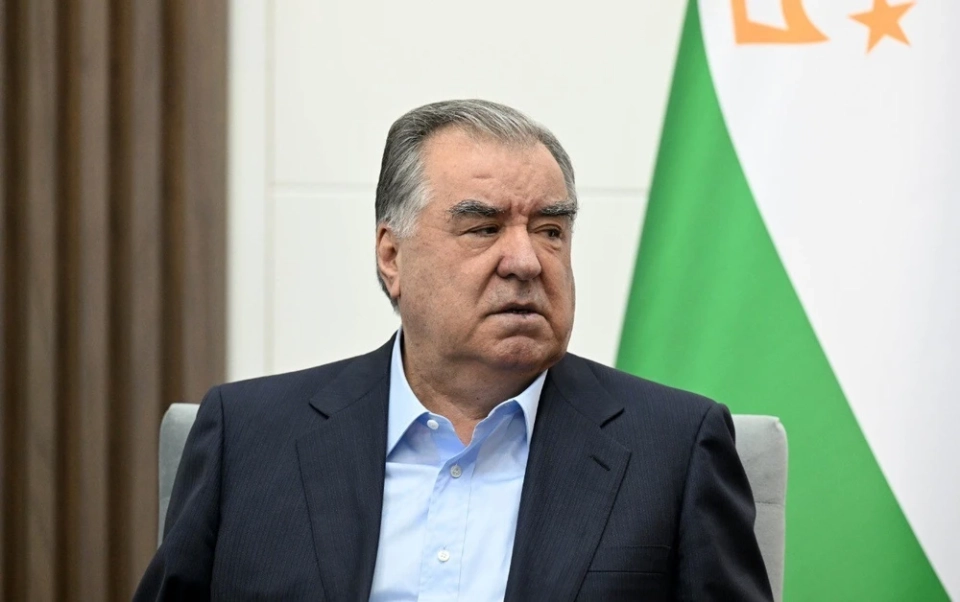
On November 6, a "Central Asia - USA" summit will take place in Washington in the...
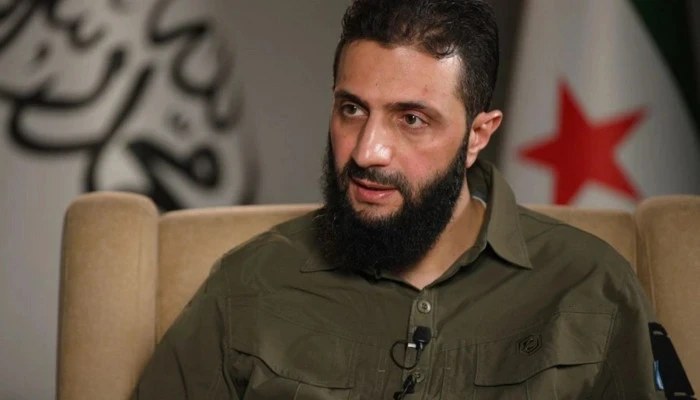
In addition to this, the possibility of lifting sanctions from the Syrian Minister of Internal...
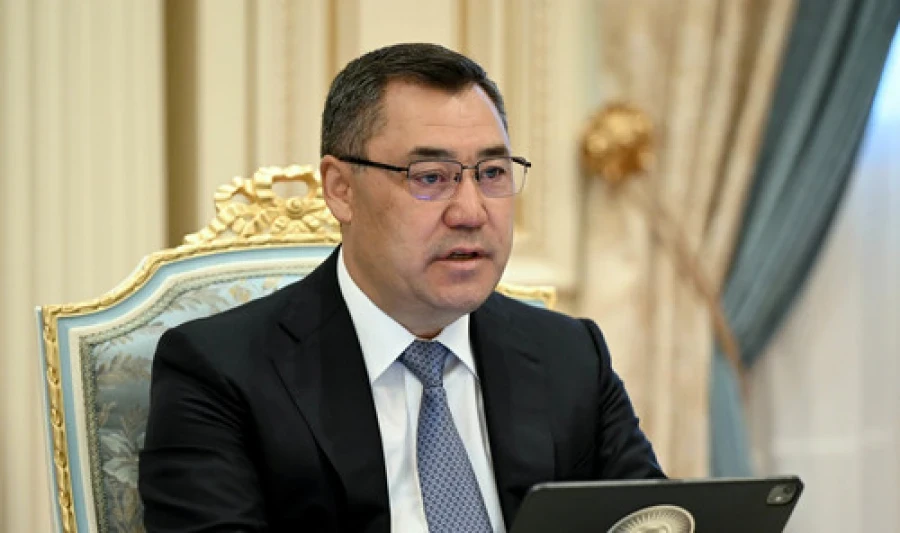
The preparation for the visit of the President of the Kyrgyz Republic to the USA is in full swing...
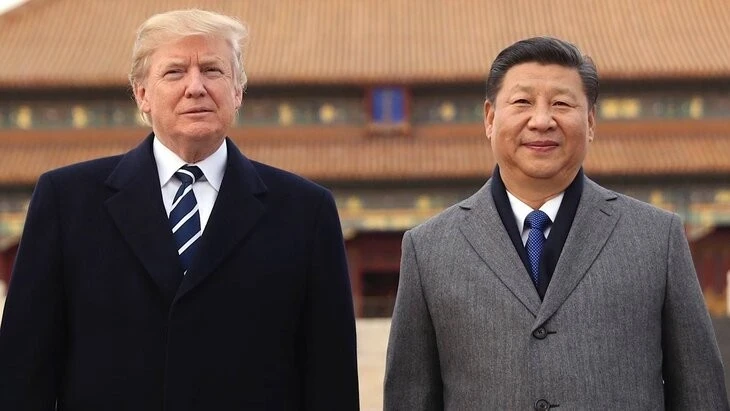
Illustrative photo // TASS On October 30, a meeting will take place in Busan, Republic of Korea,...
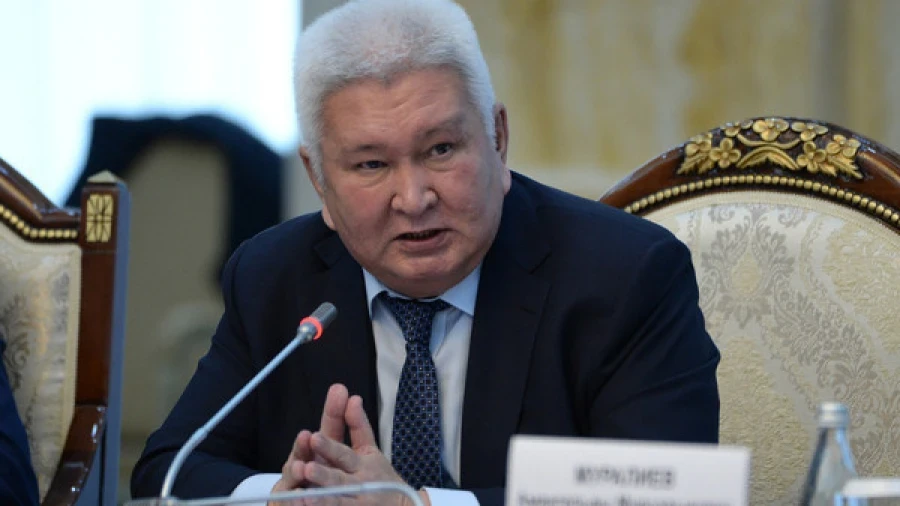
“It is essential for this forum to become a pivotal moment in the development of bilateral and...
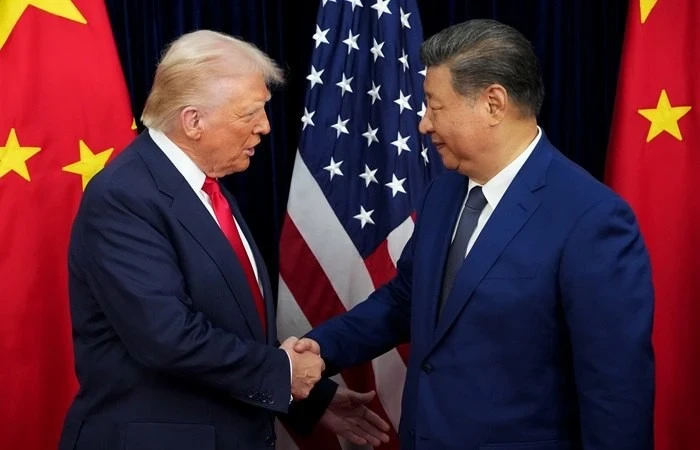
In Busan, South Korea, a meeting is taking place between Xi Jinping and Donald Trump, reports...
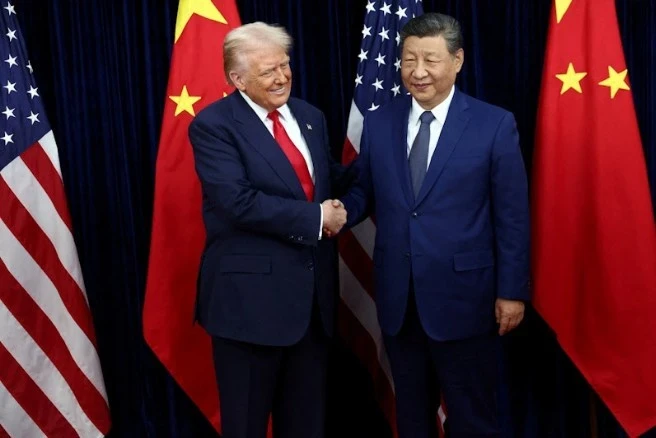
Photo Reuters. Today, October 30, an important meeting took place between U.S. President Donald...
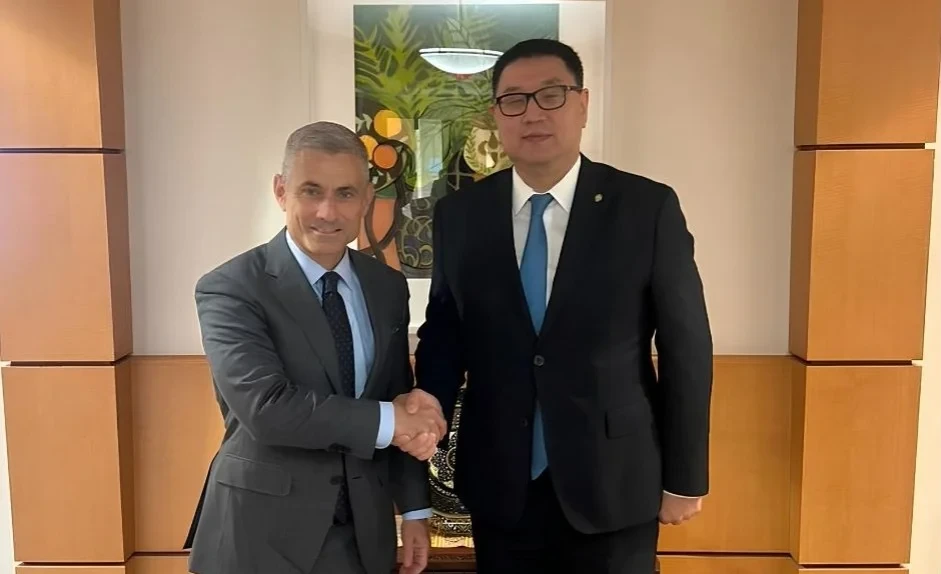
A meeting took place in Washington, where the Ambassador of Kyrgyzstan to the USA, Aibek...
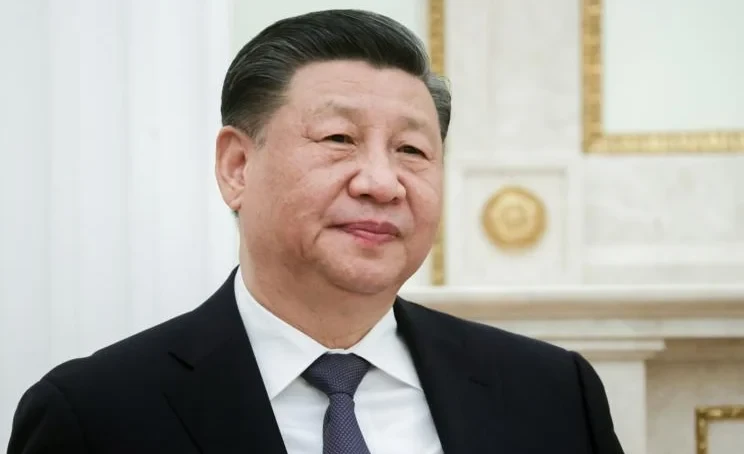
From October 30 to November 1, the Chairman of the People's Republic of China, Xi Jinping,...
According to the latest World Happiness Report 2025, Kazakhstan ranked first as the happiest...
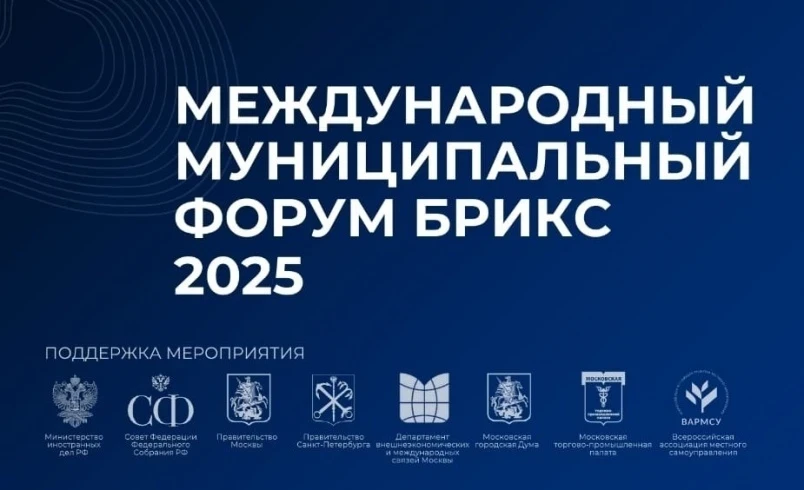
In the context of rapid urban growth and new technological challenges, as well as changing global...
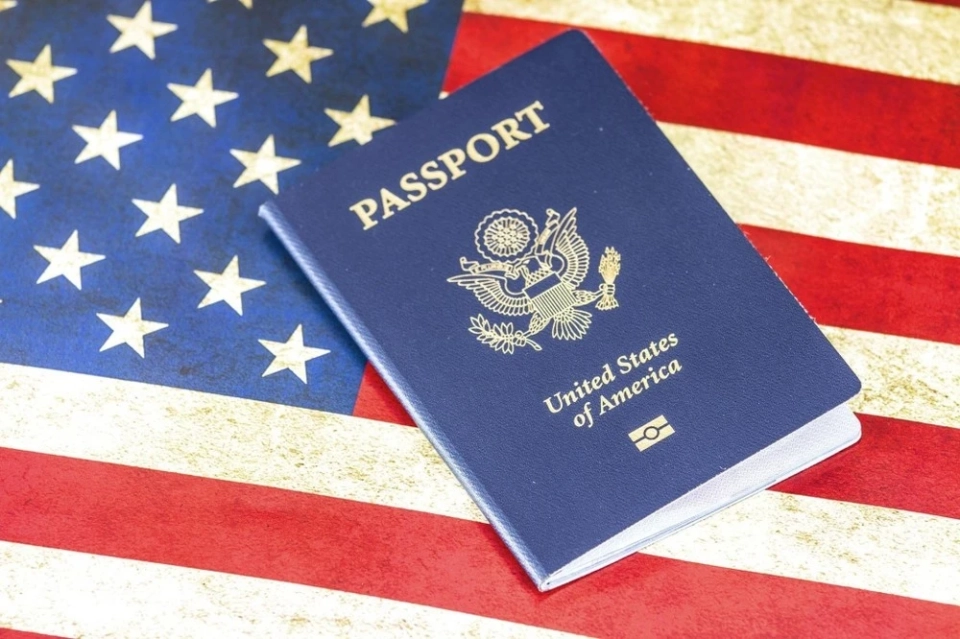
Thus, starting from January 1, 2026, residents of the United States will be able to visit...
As part of the UN climate conference scheduled to take place in Brazil, the procurement of over 10...
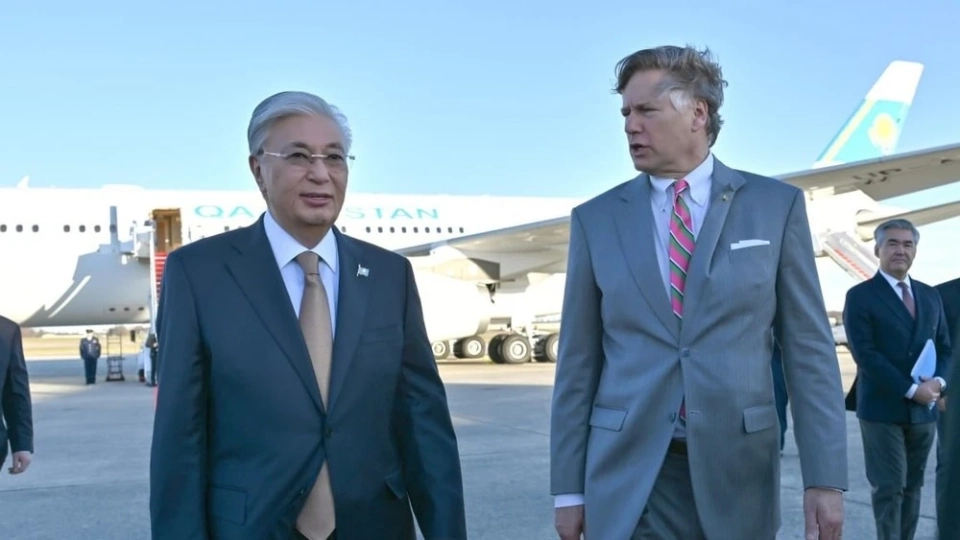
The meeting with Tokayev was held by the first deputy secretary of state of the USA, Christopher...
On the TV channel "Russia 1," Dmitry Peskov, the press secretary of the President of...

Approximately 80 million tons of uranium waste are located in the tailings of some countries in...
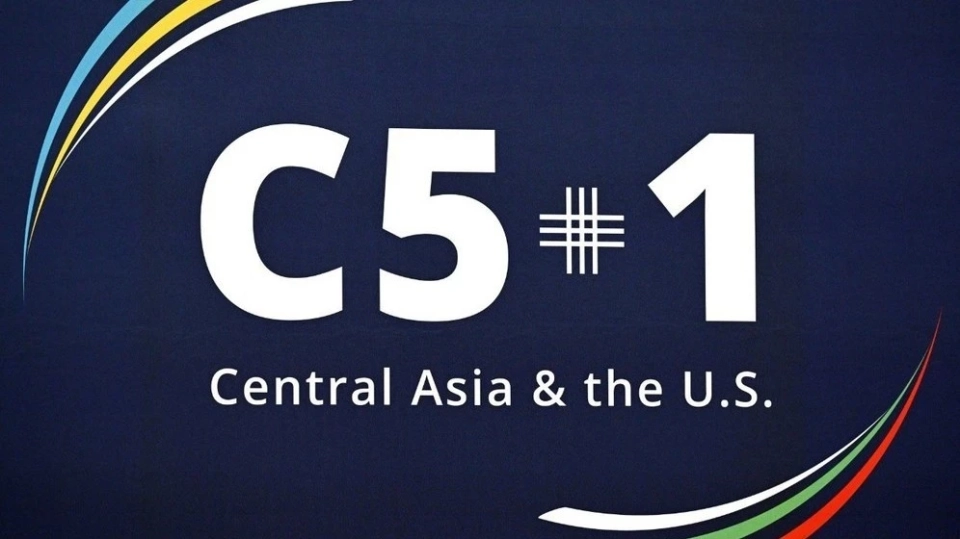
The press service of the President of Kazakhstan reported that Kassym-Jomart Tokayev expressed...

By 2050, the population of Central Asia will reach 96 million people. This represents an increase...

The information about Mirziyoyev's visit was confirmed by Deputy Secretary of State...

At the event, which will take place on October 24, experts from Russia and other countries will...
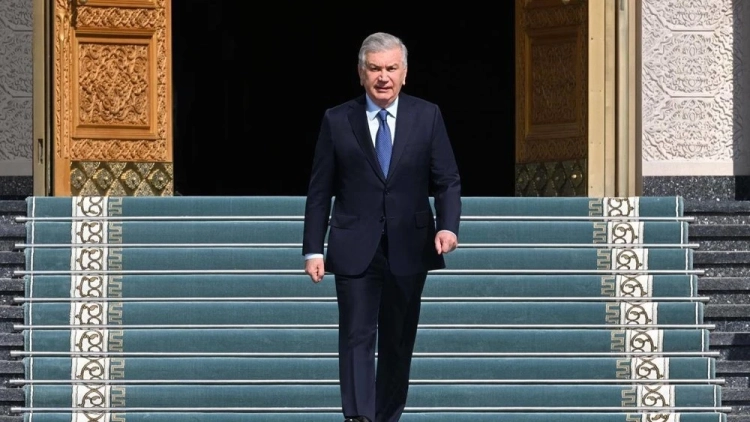
Shavkat Mirziyoyev - President of Uzbekistan // Website of the President of the Republic of...
According to the EDB report, agrilogistics in Central Asia is developing insufficiently fast...
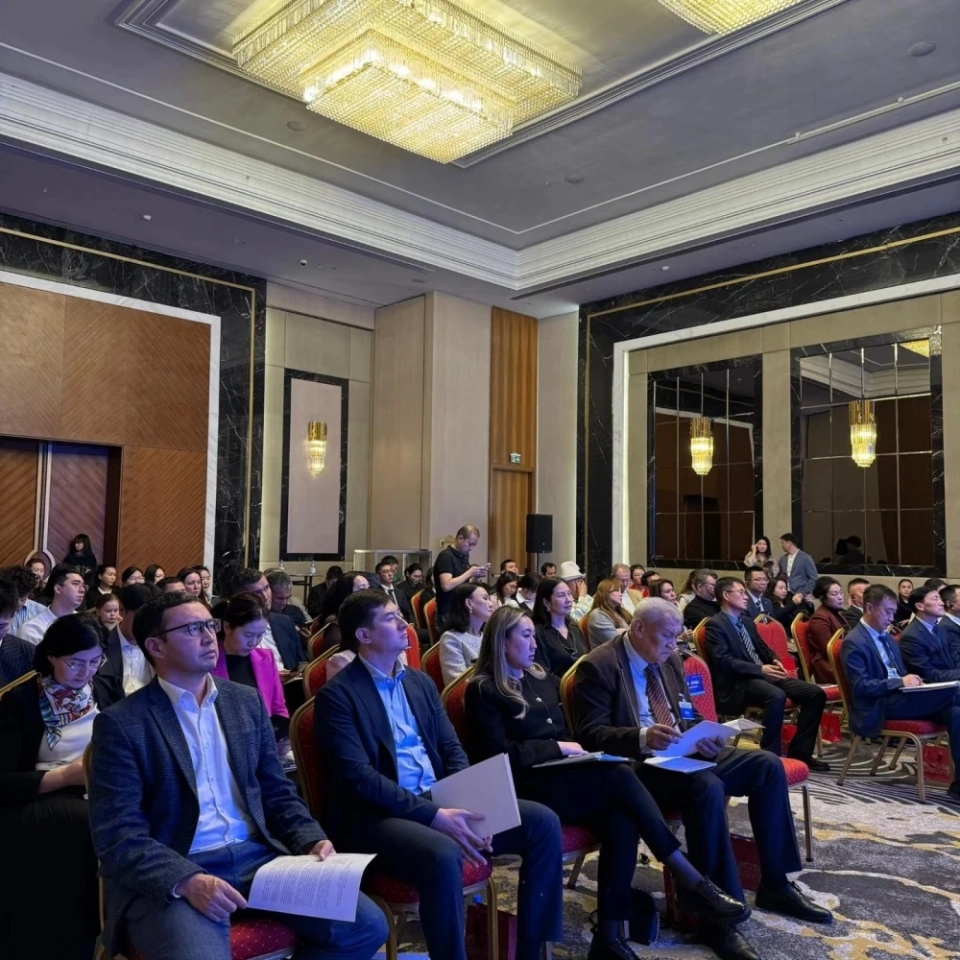
Themed seminar titled "Legal Environment and Risk Mitigation in Investing in Central...
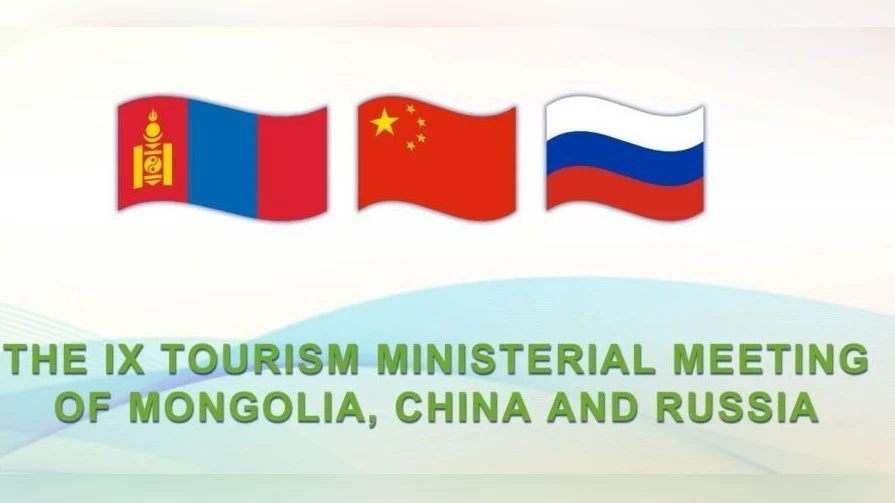
The IX Meeting of the Tourism Ministers of Mongolia, China, and Russia will be held on November 7,...
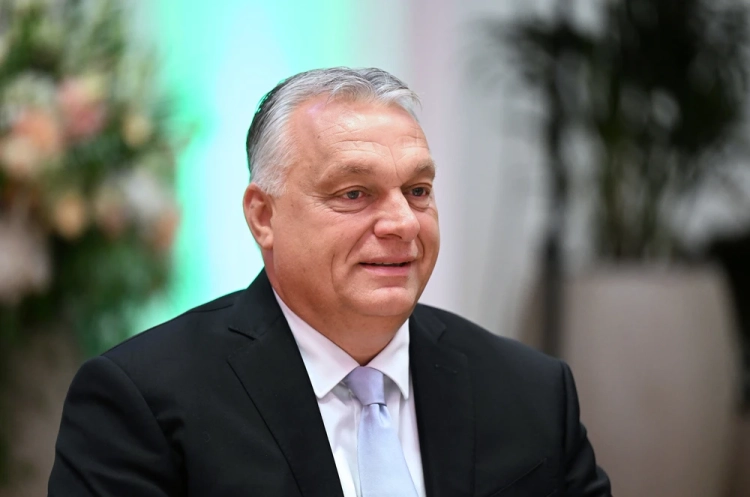
Prime Minister of Hungary Viktor Orban On Wednesday, Viktor Orban announced the ongoing...
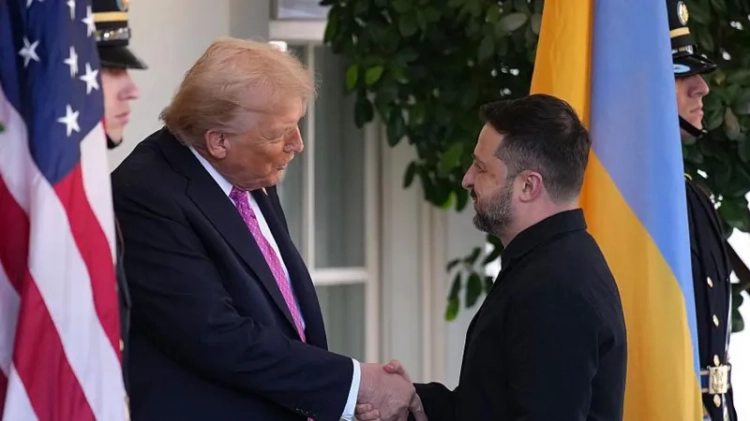
After the meeting, Zelensky noted that he and Trump discussed issues related to missiles but...
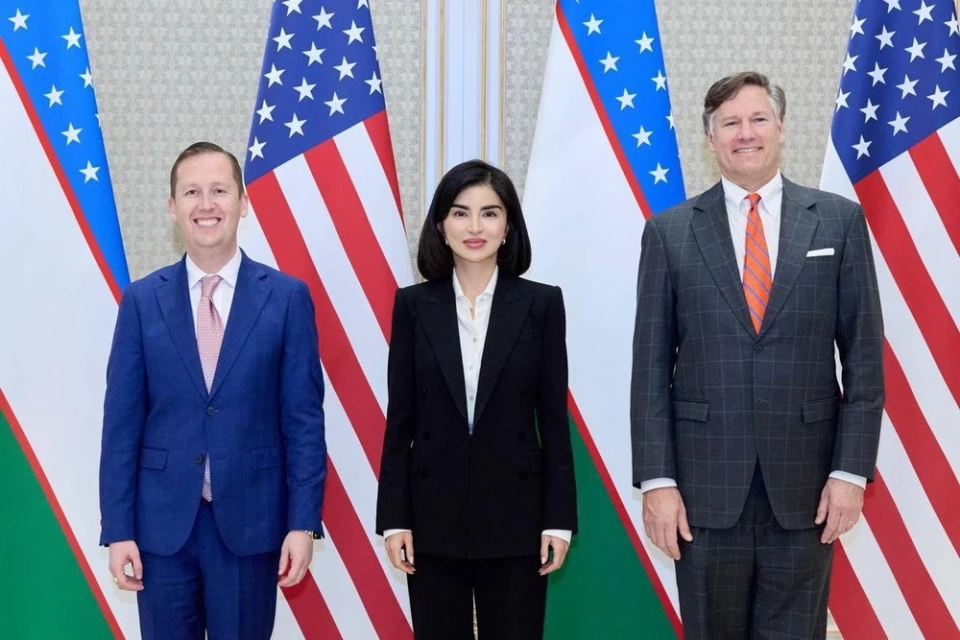
During the meeting, Kun.uz reports, current issues of bilateral relations were discussed,...

The International Seminar "Preservation of Cultural Heritage in Central Asia" on the...
In Central Asian countries, the "One Health" program has been initiated, as reported by...
From October 16 to 19, the third and final stage of the Central Asia Cup in sport climbing for the...
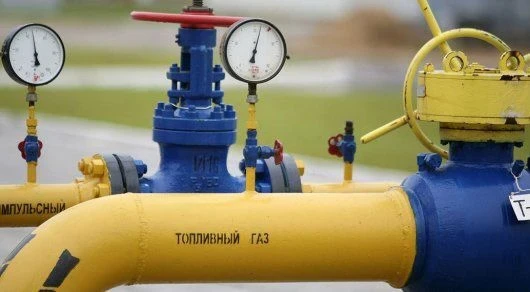
The increase in gas exports is also related to the planned construction of the main gas pipeline...

This year marks the conclusion of the cooperation project between Japan and Kyrgyzstan for the...
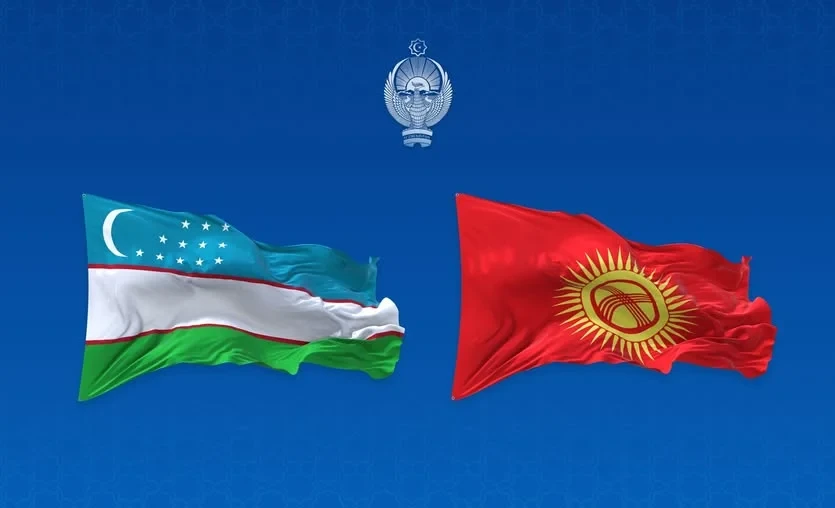
President of Uzbekistan Shavkat Mirziyoyev sent a response letter to his Kyrgyz colleague Sadyr...

Central Asia has once again found itself in the spotlight of leading regional and non-regional...
Osh is the second most populous city in Kyrgyzstan after Bishkek. According to estimates as of...